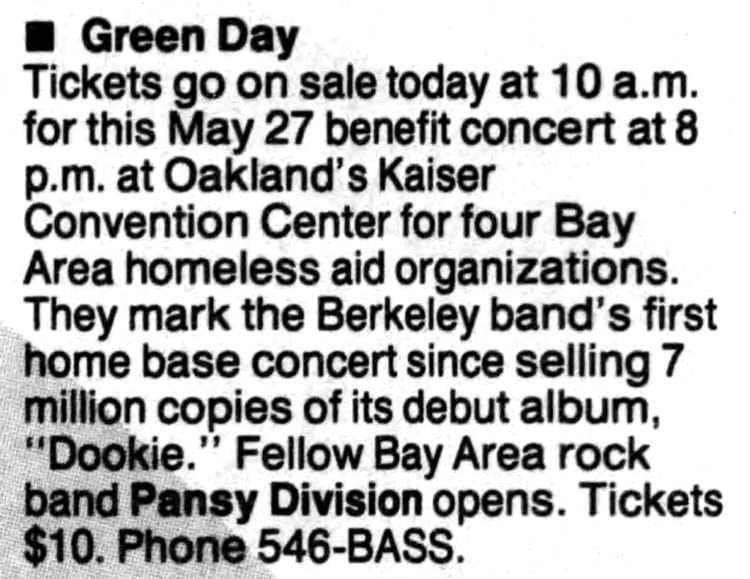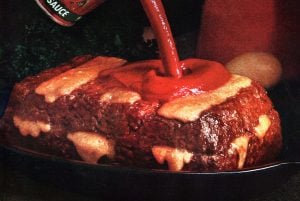Green Day’s rise from punk clubs to rock legends
Formed in 1987 by Billie Joe Armstrong and Mike Dirnt, Green Day started as a scrappy punk band playing all-ages shows at venues like 924 Gilman Street in Berkeley. With drummer Tré Cool joining in 1990, the trio honed their fast, melodic sound, releasing independent albums through Lookout! Records. Their second album, Kerplunk, caught enough attention to land them a deal with Reprise Records, leading to the release of Dookie in 1994. Fueled by singles like Basket Case and When I Come Around, the album turned them into superstars almost overnight.
Green Day’s sudden success didn’t sit well with everyone. Their Gilman Street roots meant they came from a scene that rejected major labels, and their rise to fame got them banned from the club that helped launch their career. But the band didn’t seem too concerned with punk rock gatekeeping. Instead, they doubled down on making music their way, releasing Insomniac in 1995 — a harder, faster album that pushed back against critics while proving they weren’t just a one-album wonder.
Through the years, Green Day continued to evolve. They navigated the late ’90s with albums like Nimrod and Warning, then stunned everyone with American Idiot in 2004, a politically charged rock opera that redefined their career. Decades later, they remain one of the most enduring bands to emerge from the ’90s, still selling out arenas and making music that connects with new generations.
At the height of their mid-’90s fame, Green Day also gave back to their community. In 1995, they played a benefit concert at Berkeley Square to raise money for a family in need. The intimate show was a throwback to their early days, bringing them back to a small venue packed with dedicated fans. We’ve gathered photos and articles from that memorable night — check them out to see Green Day at a turning point in their career.
Green Day benefit concert tickets
Tickets go on sale today at 10 am for this May 27 benefit concert at 8 pm at Oakland’s Kaiser Convention Center for four Bay Area homeless aid organizations. They mark the Berkeley band’s first home base concert since selling 7 million copies of its debut album, “Dookie.” Fellow Bay Area rock band Pansy Division opens. Tickets $10. Phone 546-BASS.
The Press Democrat (Santa Rosa, California) – April 16, 1995

Green Day – Practice Space – Spring 95
Front of limited-edition t-shirt

MUSIC: GREEN DAY
Pansy Division shares the bill for a benefit concert for Food Not Bombs, the Berkeley Free Clinic, Haight Ashbury Free Clinic and the San Francisco Coalition on Homelessness. May 27 at the Henry J. Kaiser, Oakland. 998-BASS.
Santa Cruz Sentinel (California) – April 21, 1995

Green Day concert t-shirt – back
Green Day
Henry J. Kaiser Convention Center
Oakland, CA
May 27 & 28, 1995
Please support the following organizations
Food Not Bombs
Berkeley Free Clinic
San Francisco Coalition on Homelessness
Haight Ashbury Free Clinic




















